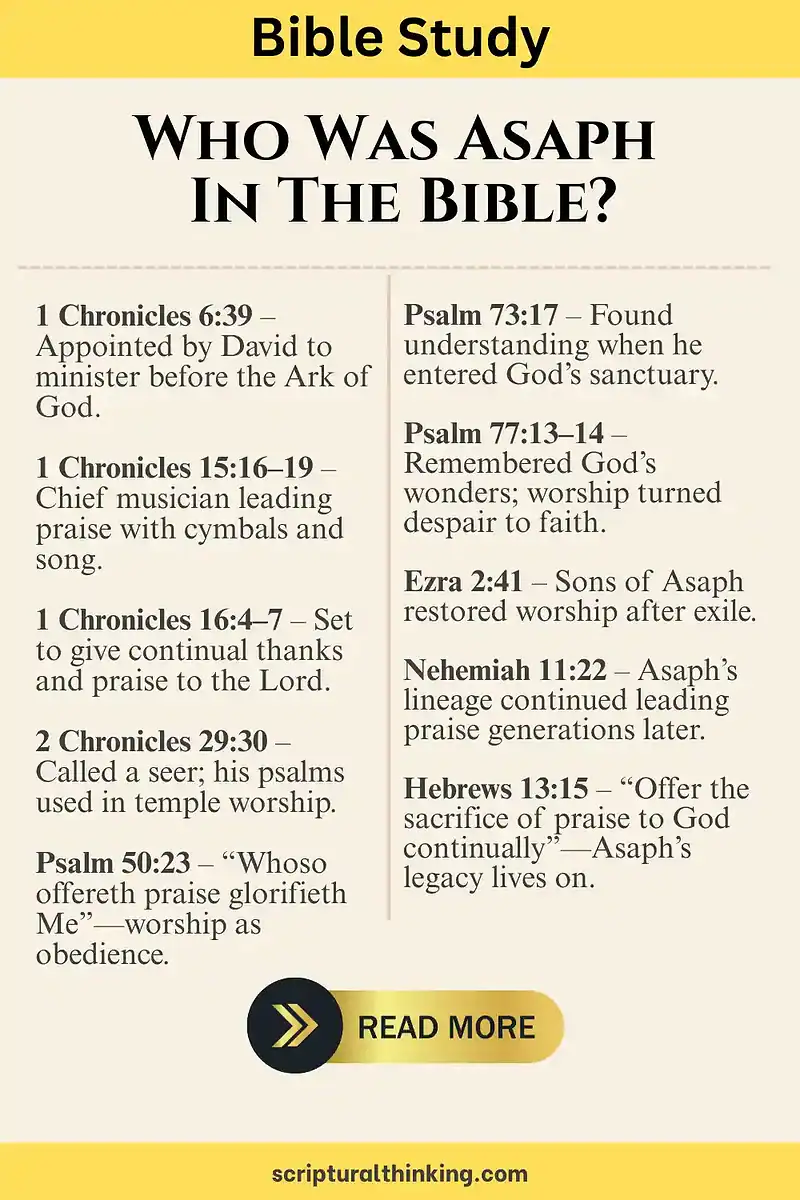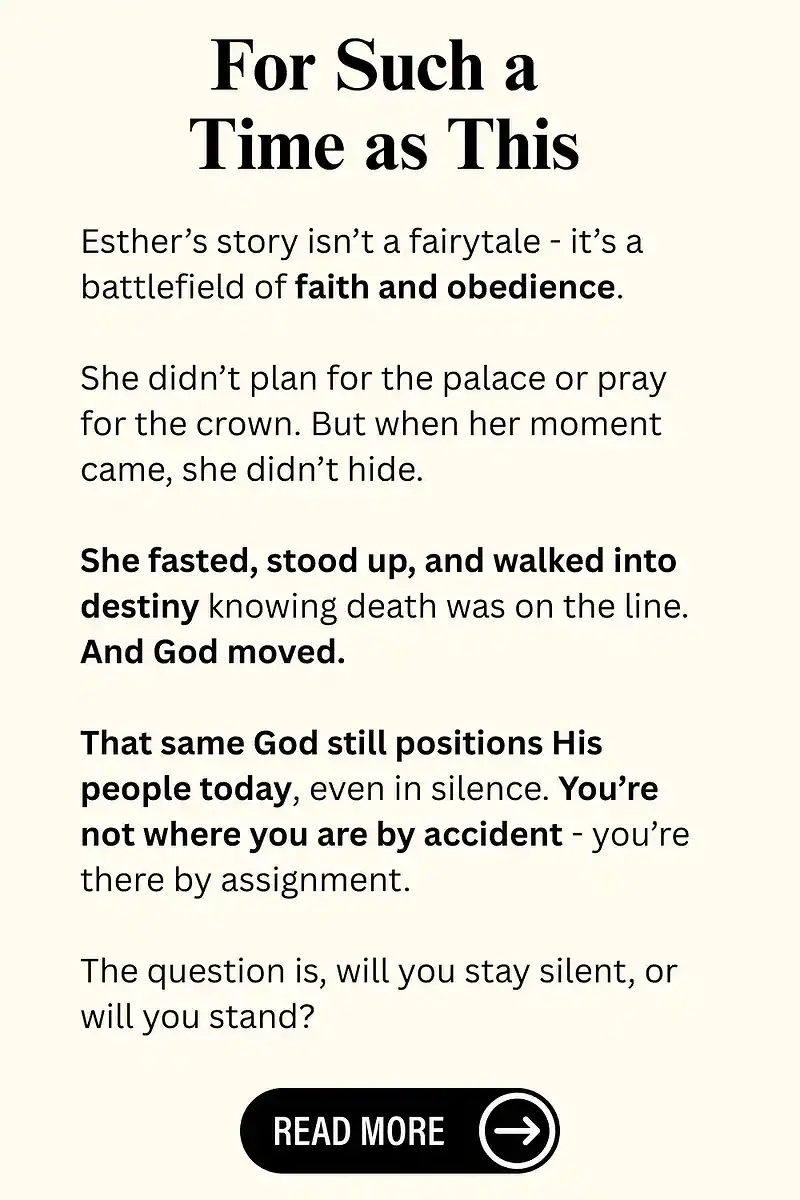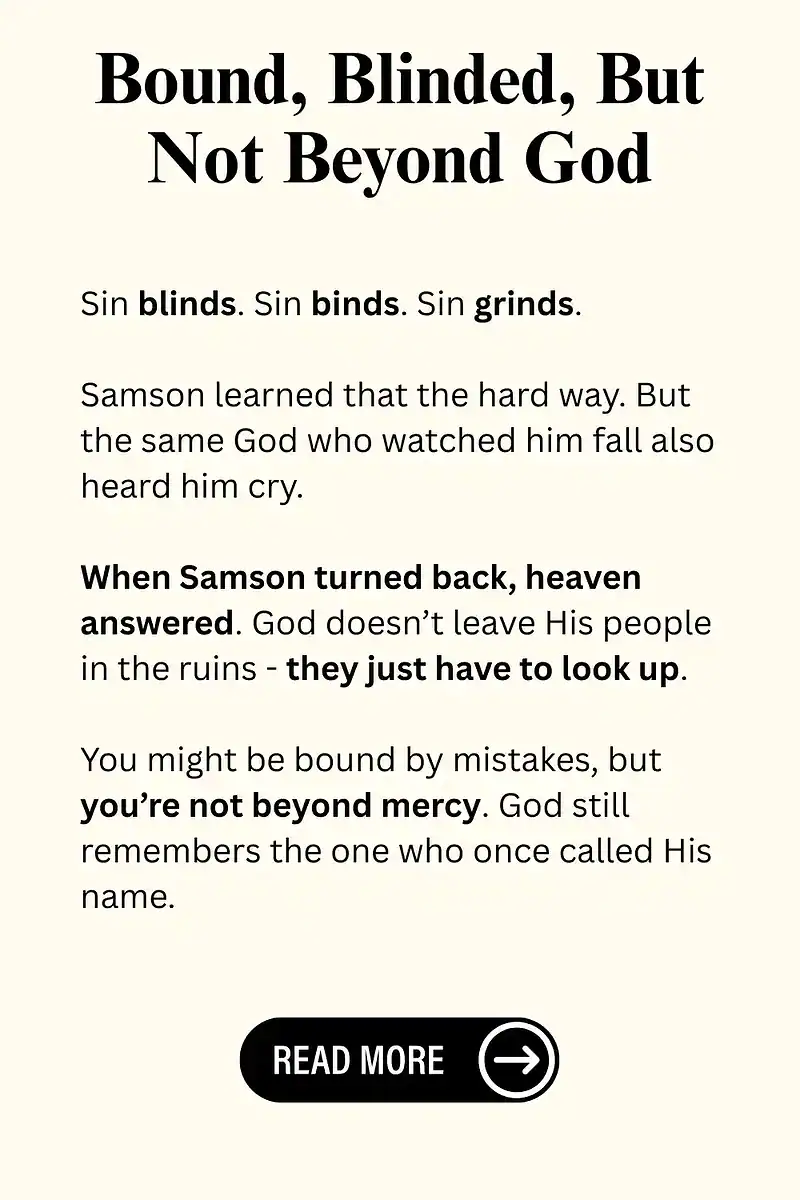Brethren, Adam’s story is not just ancient history – it’s the blueprint of humanity. The breath that filled his lungs is the same breath that sustains you today. The dust that formed his body still lies beneath your feet. And the same God who called him by name still calls out to every soul, “Where art thou?” (Genesis 3:9).
Adam’s life was more than the dawn of creation – it was the moment choice met consequence, and mercy met sin. Praise be to God, for even in Adam’s failure, the Lord began a plan to redeem mankind through the last Adam, Christ Jesus (1 Corinthians 15:45).
1. Adam Was Formed by the Hands of God
Praise the Lord, for man did not evolve – he was created.
“The Lord God formed man of the dust of the ground, and breathed into his nostrils the breath of life” (Genesis 2:7). That’s not poetic language – it’s divine craftsmanship. You were not a mistake or a mutation.
You are God’s design, made in His image (Genesis 1:26–27). When God breathed into Adam, He gave him something no other creature had – a soul. That same breath still whispers purpose into your life today.
2. Adam Was Placed in Eden – Not for Ease but for Purpose
Thank You, Lord, for showing us that work is holy.
“The Lord God took the man, and put him into the garden of Eden to dress it and to keep it” (Genesis 2:15). Eden was more than paradise – it was a partnership.
God didn’t create Adam to lounge in luxury but to labor in love alongside Him. Before sin ever existed, work existed. Real joy comes not from idleness but from serving God faithfully where He plants you.
3. Adam Named Every Living Creature
God gave Adam authority and intellect.
“And whatsoever Adam called every living creature, that was the name thereof” (Genesis 2:19). The man of dust became a ruler of creation. His naming wasn’t casual – it was revelation. Every name reflected purpose and order.
Praise be to God, for He calls us by name too, and with that name comes identity and calling (Isaiah 43:1).
4. Adam’s Loneliness Revealed God’s Design for Relationship
Friends, even in perfection, Adam felt lack.
“It is not good that the man should be alone” (Genesis 2:18). God caused a deep sleep, formed Eve, and brought her to him. Adam’s first words upon seeing her were joy and recognition – “This is now bone of my bones, and flesh of my flesh” (Genesis 2:23).
From that union came the pattern for marriage, that two become one flesh (Genesis 2:24). Praise God – He created us for relationship, not isolation.
5. Adam Was Given a Clear Command
God said, “Of every tree of the garden thou mayest freely eat: but of the tree of the knowledge of good and evil, thou shalt not eat” (Genesis 2:16–17).
It was a test of love, not a restriction of joy. The Lord wanted Adam to trust His wisdom. Every command God gives is wrapped in protection. When we resist His voice, we’re not breaking rules – we’re breaking relationship.
6. Adam Disobeyed and Sin Entered the World
“And when the woman saw that the tree was good for food… she took… and did eat, and gave also unto her husband with her; and he did eat” (Genesis 3:6).
Adam’s disobedience wasn’t ignorance – it was rebellion. The serpent deceived Eve, but Adam knew the command. “By one man sin entered into the world, and death by sin” (Romans 5:12). Friends, sin always promises wisdom but delivers death. Yet, thank God, grace came through Christ to undo what Adam did.
7. Adam Hid from God
“They heard the voice of the Lord God walking… and Adam and his wife hid themselves” (Genesis 3:8).
Sin makes cowards of us all. It drives us to hide behind excuses, addictions, and pride. But God still calls, “Where art thou?” (Genesis 3:9). He’s not asking for information – He’s asking for confession. Praise the Lord, for He still seeks the lost.
8. Adam Shifted the Blame
“The woman whom thou gavest to be with me, she gave me of the tree, and I did eat” (Genesis 3:12).
Adam pointed fingers instead of bowing his head. Sin distorts responsibility; it makes us accuse instead of admit. How often do we do the same? Blaming others when repentance is what God wants?
9. Adam Faced the Curse but Not Destruction
“Cursed is the ground for thy sake; in sorrow shalt thou eat of it all the days of thy life” (Genesis 3:17).
The soil fought back, the sweat came forth, but grace still lingered. God’s curse wasn’t annihilation – it was correction. Even when we fail, His discipline is mercy, not malice.
10. Adam Named His Wife Eve
“And Adam called his wife’s name Eve; because she was the mother of all living” (Genesis 3:20).
This was faith speaking in the face of judgment. God had just promised that her seed would crush the serpent’s head (Genesis 3:15). Adam believed that word. He looked at death and spoke life. Praise the Lord for that kind of faith – faith that sees redemption before it arrives.
11. Adam and Eve Were Clothed by God
“Unto Adam also and to his wife did the Lord God make coats of skins, and clothed them” (Genesis 3:21).
The first sacrifice happened here. Blood was shed so that shame could be covered. A foreshadowing of the Lamb of God, whose blood covers our sins. Even in judgment, the Lord provided grace.
12. Adam Was Driven Out of Eden
“So He drove out the man… and placed at the east of the garden of Eden Cherubims, and a flaming sword” (Genesis 3:24).
It sounds harsh – but it was mercy. If Adam ate from the tree of life after sinning, he’d live forever separated from God. So the Lord guarded the way until the true Life – Jesus Christ – would open it again through the cross.
13. Adam Became the Father of All Humanity
“And Adam knew Eve his wife; and she conceived, and bare Cain” (Genesis 4:1).
The line of man began – some followed God (Abel, Seth), others turned away (Cain).
Yet through this imperfect line came Noah, Abraham, and finally, Jesus Christ – the Last Adam (1 Corinthians 15:45). What the first man lost, the second Man restored.
14. Adam Lived 930 Years
“And all the days that Adam lived were nine hundred and thirty years: and he died” (Genesis 5:5).
He watched the fruit of his sin unfold for centuries. Every grave reminded him of the curse. But even then, hope was alive – because every heartbeat after Eden carried the promise of a coming Savior.
15. Adam Became a Symbol of the Old Creation
“For as in Adam all die, even so in Christ shall all be made alive” (1 Corinthians 15:22).
He was “the figure of Him that was to come” (Romans 5:14). Adam was the shadow; Christ is the substance. The first Adam brought death through disobedience. The last Adam brought life through obedience, even unto death on the cross.
Final Reflection: The Garden, The Cross, and The Call
Friends, Adam’s story is your story. We’ve all hidden. We’ve all blamed. We’ve all eaten from forbidden trees. But praise be to God, through Jesus Christ, the way back to the Tree of Life is open again.
- The same Lord who breathed life into Adam now breathes new life into you through His Spirit.
- You don’t have to stay in hiding.
- You don’t have to live under the curse.
- Through Christ, you can walk again with God in the cool of the day.
Praise the Lord! For what was lost in Eden is restored in Jesus.
Call to Action: The Question That Demands an AnswerIn Acts 2:37 Peter and the Apostles were asked the question – What Shall We do? And in Acts 2:38 Peter answered, Repent, and be baptized every one of you in the name of Jesus Christ for the remission of sins, and ye shall receive the gift of the Holy Ghost. For the promise is unto you, and to your children, and to all that are afar off, even as many as the Lord our God shall call. Do you understand this? After hearing the gospel and believing, they asked what should would do. The answer hasn’t changed friend, Peter clearly gave the answer. The question for you today is, Have you receieved the Holy Spirit Since you believed? If you’re ready to take that step, or you want to learn more about what it means to be born again of water and Spirit, visit: Come, and let the Spirit make you new. |





